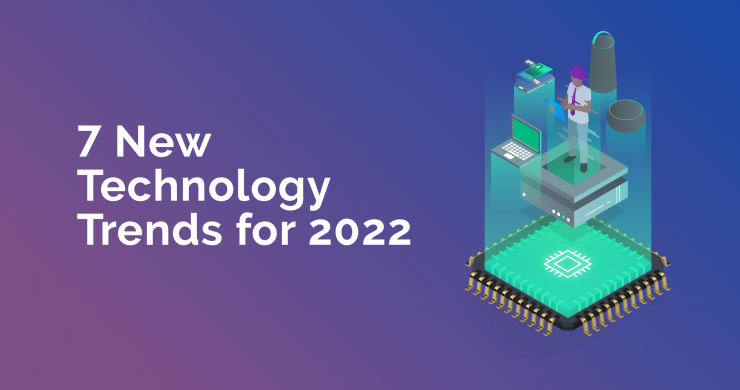What is TensorFlow?

TensorFlow is an open-source software library for numerical computation using data-flow graphs. It was developed by the Google Brain Team within Google’s Machine Intelligence research organization. It was created for Machine Learning and Deep Neural Network research, but the system can apply to a wide variety of other domains as well. It reached version 1.0 in February 2017 and has continued rapid development since. Currently, the platform has 21,000+ commits, with many from outside contributors.
How Does Tensorflow Work?
TensorFlow allows developers to create dataflow graphs. These are structures describing how data moves through a graph, or a series of processing nodes. Each node in the graph represents a mathematical operation. Each connection or edge between nodes is a multidimensional data array, or tensor.
TensorFlow provides this using the Python language. Python is easy to learn and work with, and provides convenient ways to express how high-level abstractions can be coupled together. Nodes and tensors in TensorFlow are Python objects. TensorFlow applications are themselves Python applications.
The actual math operations, though, are not performed using Python. The transformations available through TensorFlow are written as high-performance C++ binaries. Python directs traffic between the pieces, providing high-level programming abstractions hooking them together.
Applications can run on almost any target most convenient to the programmer. These could include a local machine, a cluster in the cloud, iOS and Android devices, CPUs or GPUs. Using Google’s cloud, the platform can run on their custom TensorFlow Processing Unit (TPU) for further acceleration. Models created by Tensorflow can be deployed on almost any device where they will be used to serve predictions.
Examples of TensorFlow Applications
1. To help with medical diagnoses
2. Image processing
One of the best-known applications of TensorFlow is the automated image processing software, DeepDream. It is an artificial vision program created by Google engineer Alexander Mordvintsev. It uses a convolutional neural network to find and improve patterns in images using algorithmic pareidolia. Thus, it creates a hallucinogenic appearance, like a dream, creating deliberately over-processed images.
The Future of TensorFlow
The Internet of Things (IoT) is just beginning to grow and take off. There are many startups that are trying to create places for data collection that are taking automatic learning to the limit. The IoT is a very interesting area, since it will lead to Edge Computing.
On the one hand, the more data there is, and the more heterogeneous and undefined it is. This makes it all the more interesting for the future of Deep Learning. But, TensorFlow focuses on running on different devices and architectures. Companies like IBM or Atos have this integration in the spotlight.
The community of developers continues to grow and bookstores keep improving. If you want to delve into the world of Artificial Intelligence, TensorFlow is a basic platform that will keep you moving forward.
Source: Cicero.AI
To stay up to date on everything AI and software news-related, make sure to follow along with our blog posts.

Get the latest roundup of the most important, interesting and stories from the past week. In your inbox every Saturday by 10am.
Related Articles you might like
Free Your Finances with Intelygenz: Transforming Traditional Banking into a Digital Powerhouse
The relentless advance of digital transformation across sectors presents unique challenges and opportunities for the financial industry.
View Blog PostVASS signs an agreement to acquire INTELYGENZ, a Spanish company specialized in Artificial intelligence
VASS Group announces it has reached an agreement to acquire the Spanish deep-tech company headquartered in San Francisco. Intelygenz, a […]
View Blog PostThe 7 biggest technology trends for 2022 and beyond
Every business wants to get—and stay—on top of technology, and it changes fast. Whether you’re an IT Executive or a […]
View Blog Post

